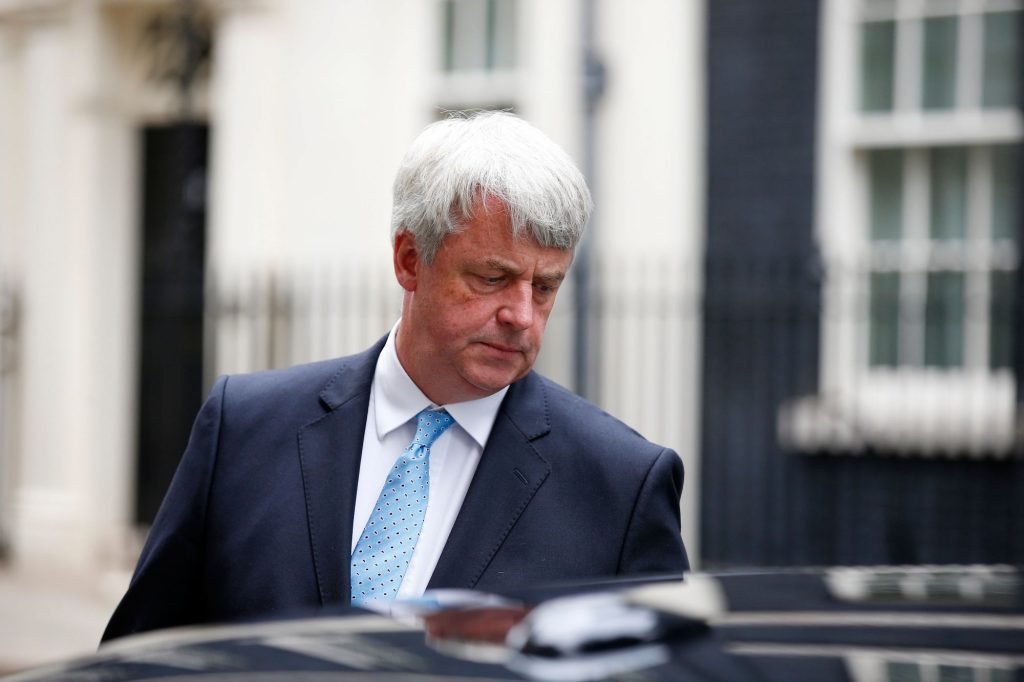
DY6506 UK, London : Conservative Andrew Lansley MP on Downing Street in London.
The recent government plan to abolish NHS England and absorb it into the Department for Health and Social Care (DHSC) has sparked a significant debate among policymakers and healthcare professionals. At the heart of this discussion is Lord Andrew Lansley, the former Health Secretary whose reforms led to the creation of NHS England in 2012. As the mastermind behind one of the pivotal changes in the UK’s healthcare structure, Lansley’s perspective provides essential insights amidst this controversial move.
Creation and Criticism of NHS England
Initially established as a body with arm’s-length oversight in an effort to streamline healthcare delivery, NHS England was a central component of the Health and Social Care Act 2012, which Lansley spearheaded. However, the body has been criticized over the years. Notably, Lord Darzi described the Act as a “calamity without international precedent” in his landmark report.
Despite initial intentions, NHS England has been perceived as an “irresponsible monopoly” by some critics, including Lansley himself, who believes that it has expanded far beyond what was originally envisioned in 2012. Instead of remedying inefficiencies, it has reportedly duplicated efforts with the Department, leading to blurred lines and operational redundancies.
The Government’s Plan and Lansley’s Concerns
Lord Lansley has expressed strong reservations about the decision to incorporate NHS England into the DHSC, referring to it as akin to « re-arranging deck chairs ». He argues that centralizing control within a government department, as opposed to maintaining an independent national body, is a strategic error. This approach risks converting the management of healthcare from a clinically driven initiative into a bureaucratically controlled mechanism.
Further, he warns that such a merger could reproduce NHS England’s functions within Integrated Care Boards (ICBs) across the country, essentially reinstating the structures meant for dissolution. Instead, Lansley advocates for clinically-led methods to improve health outcomes, free from overly politicized influences.
Wider Implications of the Merger
The move to dismantle NHS England aligns with the government’s broader push to enhance efficiency within Whitehall. However, this decision is not without its complications. Absorbing NHS England is expected to lead to significant job losses and operational disruption, drawing concerns over the potential loss of expertise and continuity in healthcare delivery.
Jennifer Dixon, the CEO of the Health Foundation think tank, highlighted the disruptive nature of the decision, drawing parallels to the rapid creation and subsequent termination of government bodies over decades. These moves, she argues, come at a monumental cost, not only financially but in expertise and morale.
Opposing Views from Within
The government’s plan has met with opposition from within, with doubts about the practicality and timeline of implementing the merger. Max Blain, former No10 spokesperson, described the aim to complete reforms within two years as « ambitious » yet « expensive, » expressing skepticism on the feasibility of such a tight schedule.
Within NHS England, there is ongoing internal debate. Senior figures, while keen on showcasing the organization’s success stories, are wary of the potential for sweeping cuts, particularly among administrative staff—a key support resource as highlighted by health-tech expert Liam Cahill.
Looking forward, NHS England’s top brass, such as new chair Dr. Penny Dash and interim CEO Jim Mackey, are reportedly keeping decisions regarding service cuts close to the vest. The organization is expected to present a case for its achievements in the coming weeks, striving to counter any perceptions of failure.
As these developments unfold, the future of NHS England remains a contentious topic, reflecting broader tensions between centralized political control and independent healthcare governance. With stakeholders waiting on further announcements, the path forward for the nation’s healthcare service remains a subject of intense scrutiny and debate.



